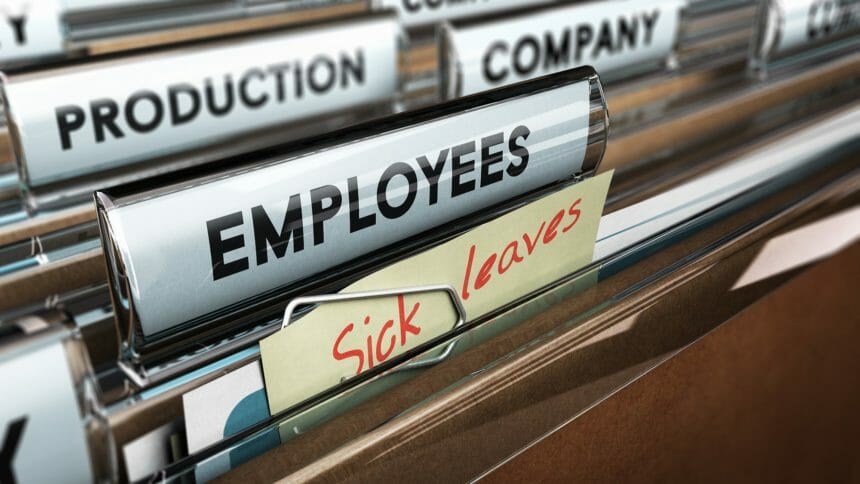
Approximately 41% of Americans are likely to call in sick at work the moment they feel themselves getting sick, according to the results of a recent poll commissioned by Zicam and conducted by market research company OnePoll. Of the 2,000 adults surveyed, the absentee rate is highest among millennials and Gen Z workers.
Between 36% and 45% of Gen Z and millennials, respectively, said they’re more likely to call off when they’re sick. Their elders are a little more likely to go to work despite illness. Between 30% and 47% of Gen X and baby boomers, respectively, said they were more willing to go to work regardless of illness.
“Younger generations aren’t waiting around to get sick, then struggle to get through it. They rather lay low early and treat their symptoms instead of waiting until it’s too late,” Bruce Tetreault, senior director of marketing at Zicam, said in a statement.
The attitude of pushing through illness actually s a bad idea, research shows. As the McKnight’s Clinical Daily previously reported, a single sick caregiver easily care infect residents and co-workers in a long-term care setting and drive up treatment costs by thousands of dollars. A study published in August in the American Journal of Infection Control found that one sick staff member contributed to 17 resident infections and added $12,000 in costs.
Fortunately, the tide may be turning, according to the research. People are more willing (64%) to cancel plans now than before the pandemic if they feel themselves getting sick or exhibit any symptoms of illness. The most embarrassing symptoms to experience in public, according to the survey, are runny noses (22%), excessive coughing (20%), excess mucus (11%) and an upset stomach (10%).
“Since the pandemic began, no one wants to be ‘that person’ coughing in a crowded room,” Tetreault said.


